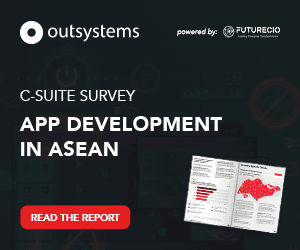Over the next 20 years, the chemicals and materials industries will face fundamental changes, forcing them to adopt new skills and develop new goals.
The Lux Research report “The Chemicals and Materials Company of 2040,” predicts these changes will have a major impact on the flow of both materials and information.
There are four megatrends currently shaping the chemicals and materials industries: feedstock and resource transformation, sustainability, change in consumer demand, and digital transformation. The first two will impact the flow of materials, while the last two will impact the flow of information.
Lux Research senior analyst and lead author of the report, Anthony Schiavo warns that companies that do not evolve and invest in sustainability initiatives and digital transformation will not survive the change.
Sustainability pressure comes in multiple forms
Changing demand for energy driven by the growth of electrified mobility will alter the economics of gas and petroleum feedstocks, while the need to create sustainable plastics and chemicals will drive the use of bio-based and recycled resources.
Also, climate change will hurt the economics of large-scale, centralized refineries and traditional production processes.
Schiavo says these factors will push the chemicals industry into a production paradigm that is smaller-scale, more distributed, local, and flexible.
“Techniques like chemical recycling and fermentation will be the major beneficiaries of this shift, as well as business models that enable more flexibility,” he explains.
These technologies align with growing consumer demand for materials and products that are more sustainable and personalized.
Other drivers
The explosion of digital technologies has made it possible to collect more data on the physical operations of the chemicals industry than ever before.
Also, digital sales platforms are enabling far more transparency into the flows of goods and money, as well as the buying behaviours for customers in the industry.
New business models
The most notable impacts of digital transformation will be in business models. New tools and data will be crucial to enabling service-based and outcome-driven business models.
This will help the chemicals industry maintain growth in the face of lowered consumption and deliver customized products to smaller and smaller market niches.
Digital sales platforms will erode these differences between commodity and specialty chemicals businesses by making it easier to bring a degree of customization even to commodity materials while lowering the cost.
Schiavo warns that this will cause a new split in the industry between premium chemical companies and budget chemical companies.
“Premium chemical companies will integrate new digital tools with traditional specialty chemical services – such as formulation development and manufacturing assistance – as well as becoming deeply involved in product development with their customers. Budget chemical companies will sell high-quality specialty materials at rock-bottom prices, but only offer online and automated support,” concludes Schiavo.
Chemical companies need to begin planning their response now to avoid being caught flat-footed.




